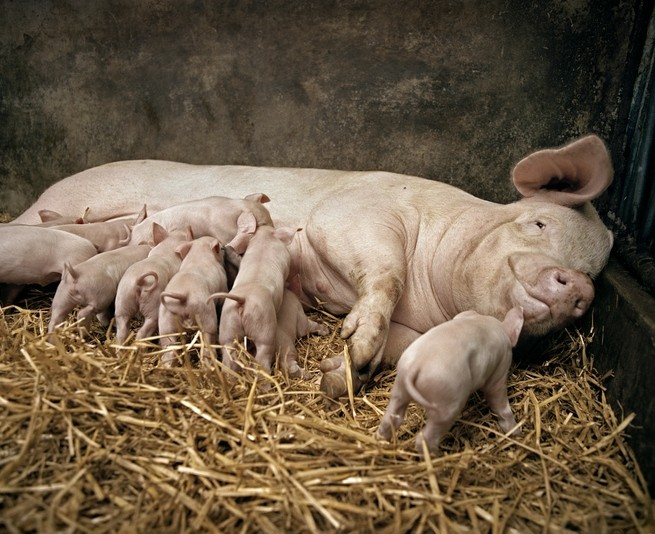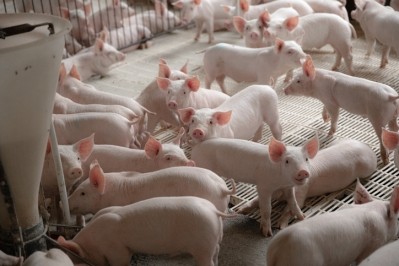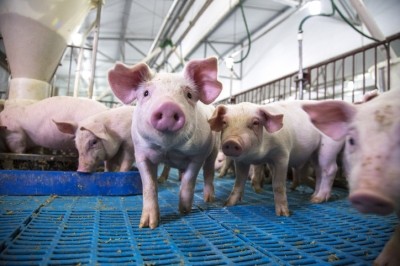Can the inclusion of additional amino acids effectively reduce the reliance on antibiotics in weaned piglets?

The study revealed that the combination of THR+TRP resulted in a numerical reduction in the days antibiotics were used to treat diarrhea.
However, despite the supplementation of an additional 20% Thr and Trp, the extra amino acids did not significantly decrease the probability of diarrhea, and piglet performance remained unaffected.
The scientists, writing in Livestock Science, hypothesized that a nutritional strategy involving extra amino acid supplementation, such as Thr and Trp, might contribute to minimizing post-weaning diarrhea.
Referencing previous research, the authors note that tryptophan is a precursor for serotonin, a neurotransmitter involved in regulating appetite and stress response and that earlier work shows Trp supplements exceeding recommendations have stimulated feed intake in weaned pigs.
Additionally, Trp appears to support normal immune function. The study also indicates that additional dietary Thr improves gut integrity.
The study, funded by the Danish Veterinary and Food Administration, aimed to assess the effects of amino acid supplementation, specifically Thr and Trp, at levels surpassing nutrient requirements. The research involved 120 piglets weaned at day 28, allocated to five diets and individually housed.
A standard diet with maximum crude protein (CP) according to Danish nutrient recommendations was used as control diet (HP). The other diets consisted of the HP diet with additional 20% Thr (THR), 20% Trp (TRP) or 20% of both (THR+TRP) relative to the recommendations for these AA.
A low-protein (LP) diet was included as a negative control.
The findings
While average daily gain and feed intake remained unaffected by the diet, the feed conversion ratio (FCR) increased by 11% in pigs fed a low-protein (LP) diet compared to those on a standard diet adhering to Danish nutrient recommendations (HP). Interestingly, Thr and Trp did not significantly impact the probability of diarrhea, either on a weekly basis or across the entire weaning period.
The study found that the THR+TRP diet led to an 83% increase in the area of neutral mucin-producing cells in the colon compared to the HP diet. Despite this positive effect, other intestinal morphology measurements remained unaffected by the amino acid supplements.
In conclusion, the scientists found that supplementation of Thr and Trp together stimulated neutral mucin production in the large intestine and demonstrated a potential to reduce the need for antibiotic treatments against diarrhea in weaned piglets.












